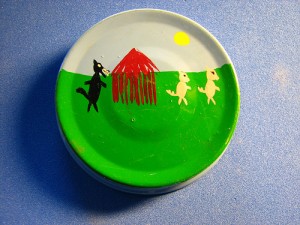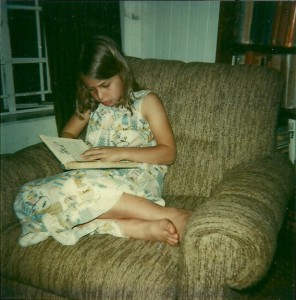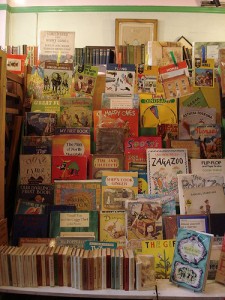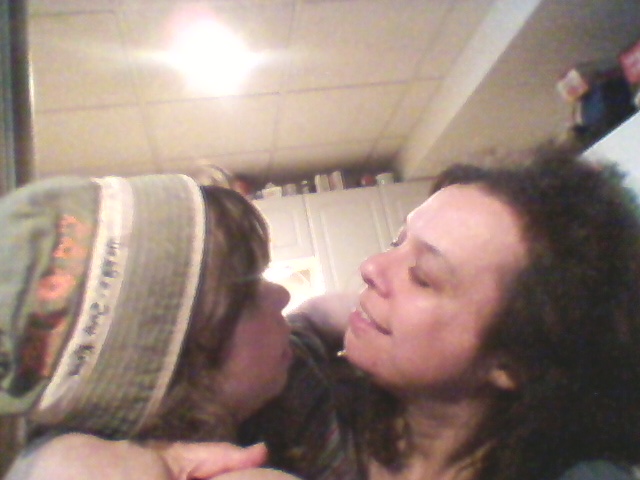While I’m waiting impatiently for my coffee machine to work its magic, my son suddenly appears by my side.
“Little pig, little pig, let me in!” he says.
I know the drill. I’ve done this enough times. “Not by the hair of my chinny chin chin!” I reply.
“Then I’ll HUFF! And I’ll PUFF! And I’ll BLOW your house in!”
He draws in an enormous lungful of air and then blows mightily in my direction, while I pretend to fall backwards from the force of wind.
Like many kids with autism, my son George has never really been one for stories, but from time to time a story comes along that really captivates him. The Brown Bear, Brown Bear books fell into this category when he was younger, and he still occasionally returns to them. The current flavour of the month, though, is The Three Little Pigs. George takes great pleasure in watching YouTube videos of the story, and quite significantly for a child with autism, he likes to role play some of the scenes.
By coincidence, The Three Little Pigs was the central activity of a training course I attended last week. The course was about Agile project management, and the theory was covered on the first day. Day Two was given over to a practical application of the theory. We were divided into teams and given the task of using Agile project management practices to make a comic book depicting the story of The Three Little Pigs.
The process was fun and interesting, and definitely helped highlight the ideas behind Agile project management.
The end result was pretty much what you’d expect from a group of five IT types, none of whom can draw to save their lives. Let’s just say that none of us will be leaving our day jobs anytime soon.
Since I had played the role of “product owner” during the exercise, and since my team-mates know that I am the mother of young children, I was allowed to keep the comic book we made at the end of the training. When I got home, I put the book on my desk, and George immediately pounced on it.
“The Three Little Pigs!” he said excitedly. And he started paging through the book, reading all of the words out loud in his sweet lyrical voice. When he got to the end, he took the book to his computer, clicked onto a Three Little Pigs YouTube video, and read the book while the video was running. During dinnertime, the book was beside George’s plate on the table. At bedtime, it was taken to his bed and stashed under his pillow.
While George was sleeping, I managed to sneak the book out from under his pillow so that I could reinforce the makeshift binding that was beginning to come apart from overuse. I put the book back where I had found it, and it was there for George in the morning.
George doesn’t care that the pages aren’t all quite the same size, that the pigs look more like cats and that the wolf looks more like a horse. All he sees when he looks at the book is a treasure to be enjoyed over and over again.
The training course did a great deal for me and my professional growth.
It has done a lot more for the happiness of one child.
(Photo credit: fdecomite. This picture has a creative commons attribution license.)














